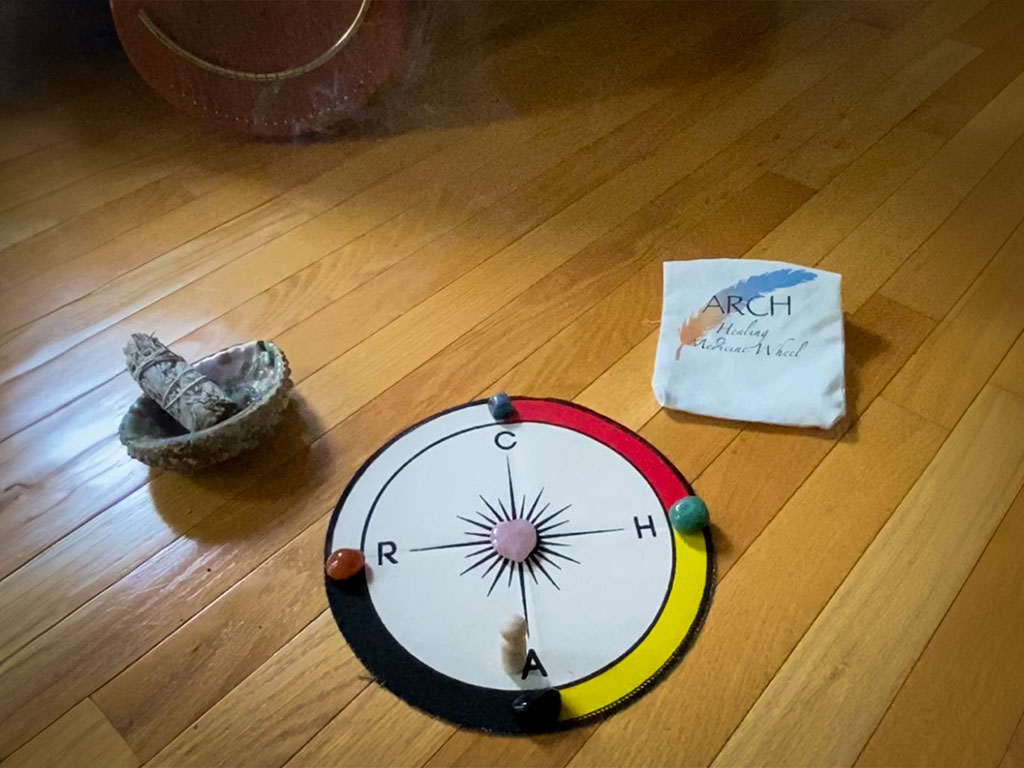The concept of psychological defense mechanisms is deeply rooted in psychoanalytic theory, initially proposed by Sigmund Freud in the early 20th century. Freud’s theory of the unconscious mind suggested that individuals use defense mechanisms unconsciously to protect themselves from anxiety and psychological conflict. These mechanisms allow people to cope with difficult emotions, thoughts, or impulses that may be too overwhelming to confront directly.
Freud believed that the mind is made up of three parts: the “id” (primitive desires), the “ego” (the realistic mediator), and the **superego** (moral conscience). Defense mechanisms arise when there is a conflict between these parts, particularly when the id’s desires conflict with the superego’s rules, and the ego uses defense mechanisms to maintain balance. Over time, Freud’s daughter,Anna Freud, expanded upon these ideas and systematized different types of defense mechanisms that we use to cope with emotional stress.
Understanding Defense Mechanisms in Everyday Life
Defense mechanisms are a normal part of human psychology. They are the unconscious strategies we use to protect ourselves from feelings of anxiety, guilt, or other uncomfortable emotions. While these mechanisms can be helpful in the short term, allowing us to temporarily avoid distress, they can also prevent us from confronting our problems directly, leading to longer-term emotional or psychological difficulties.
Recognizing and understanding our use of defense mechanisms is crucial because it offers insight into how we process emotions and react to stress. By becoming aware of these unconscious behaviors, we can learn healthier and more effective coping strategies. This awareness is a fundamental step in personal growth, emotional regulation, and improving our relationships with others.
Common Defense Mechanisms and Their Role in Coping
Here is an exploration of some common defense mechanisms and how they manifest in our lives:
1. Acting Out
Acting out involves expressing unconscious emotions through actions rather than words, often in socially inappropriate ways. A classic example is a teenager who feels neglected by their parents and engages in disruptive behaviors at school to gain attention. This mechanism temporarily alleviates internal frustration but doesn’t address the root of the emotional distress.
2. Denial
Denial is the refusal to accept reality or facts, blocking awareness of external events. For instance, a smoker may deny the health risks of smoking despite overwhelming evidence. Denial allows a person to avoid immediate discomfort but can prevent them from taking necessary action to improve their situation.
3. Projection
Projection occurs when a person attributes their own unacceptable feelings or thoughts to someone else. For example, a person who is angry with a colleague may accuse the colleague of being hostile toward them. This defense mechanism protects the individual from facing uncomfortable emotions by shifting the blame onto others.
4. Rationalization
Rationalization involves creating logical explanations for behaviors or feelings that are actually irrational. When a person is rejected for a job, they may claim they didn’t want the job anyway because of the long commute, allowing them to avoid feelings of disappointment.
5. Sublimation
Sublimation is the process of channeling unacceptable impulses into socially acceptable activities. For example, a person with aggressive tendencies may take up a sport like boxing to release their anger in a constructive manner. This defense mechanism allows individuals to manage their emotions in a way that aligns with societal norms.
6. Humor
Humor is a defense mechanism that allows a person to express uncomfortable feelings and thoughts in a way that is less threatening. A person anxious about an upcoming presentation might joke about their nervousness to diffuse the tension. Humor can be an effective way to cope with stress and connect with others.
7. Suppression
Unlike most defense mechanisms, suppression is a conscious decision to delay dealing with distressing thoughts or emotions. For example, a student may suppress their anxiety about an exam to focus on studying. While this can be a useful temporary strategy, long-term suppression can lead to emotional buildup.
8. Regression
When overwhelmed, individuals may revert to an earlier stage of development, exhibiting childlike behaviors. An adult, for example, might throw a tantrum when faced with frustration, acting as they might have in childhood when they felt similarly helpless.
9. Displacement
Displacement occurs when someone transfers their emotions from the original source to a safer target. A classic example is a person angry with their boss who comes home and takes out their frustration on a family member.
The Importance of Awareness
While defense mechanisms can provide short-term relief from emotional discomfort, relying on them too heavily can lead to problems. Over time, they may prevent us from facing the true causes of our distress, leading to unresolved issues and emotional stagnation. By becoming aware of how and when we use these mechanisms, we can develop healthier coping strategies and improve our emotional resilience.
How to Develop Effective Coping Skills
Here are some strategies for transforming defense mechanisms into healthier coping mechanisms:
1. Practice Mindfulness
Mindfulness encourages awareness of the present moment without judgment. By cultivating mindfulness, we can become more aware of our thoughts, feelings, and automatic reactions, allowing us to respond more thoughtfully instead of using defense mechanisms.
2. Engage in Self-Reflection
Regular self-reflection helps identify the defense mechanisms we rely on. Journaling, meditation, or therapy can provide opportunities to explore our emotional patterns and understand why we react the way we do.
3. Develop Emotional Intelligence
Emotional intelligence involves recognizing and managing our own emotions as well as understanding others’ emotions. By improving our emotional intelligence, we become better equipped to handle emotional stress without relying on defense mechanisms like denial or projection.
4. Build Resilience
Resilience is the ability to bounce back from adversity. Strengthening resilience through practices like positive self-talk, social support, and self-compassion helps reduce the need for defense mechanisms when dealing with challenges.
5. Seek Therapy
Working with a therapist can help uncover unconscious defense mechanisms and provide guidance on developing more constructive ways to cope with emotional challenges. Therapeutic approaches like **Cognitive Behavioral Therapy (CBT)** or **Internal Family Systems (IFS)** can help individuals process emotions in a healthier way.
Conclusion
Defense mechanisms are a natural part of how we cope with emotional stress. While they can provide temporary relief, relying on them too much can hinder emotional growth and lead to unresolved conflicts. By becoming aware of our defense mechanisms and learning more effective coping skills, we can improve our emotional well-being, navigate life’s challenges more effectively, and foster healthier relationships. Awareness is the first step toward healing and personal transformation.






